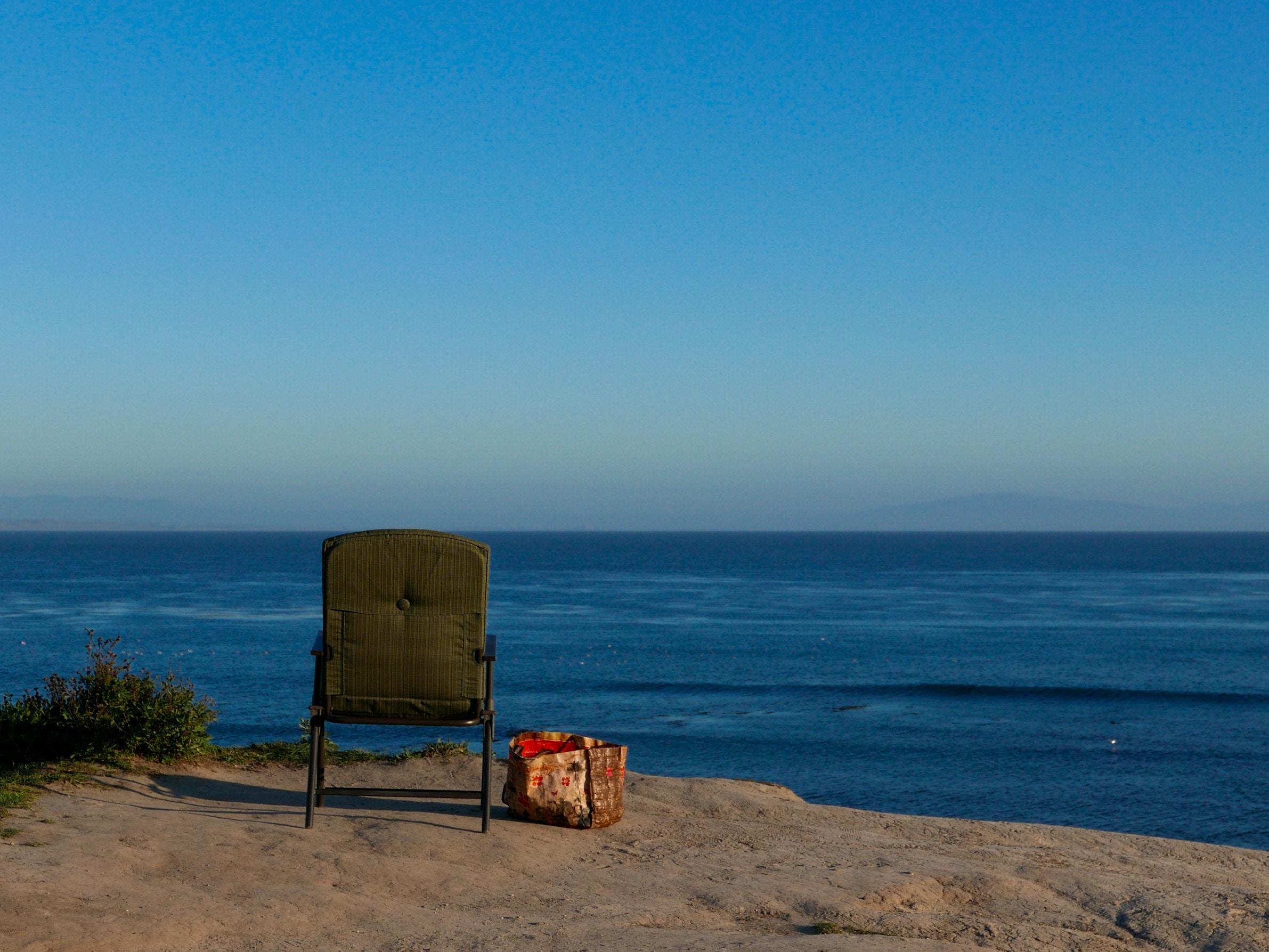How My Father’s Suicide Introduced Me To Anxiety (And How I Became Friends With It) | Guest Post By Louise Stanger

I can still vividly recall my first encounter with anxiety. I was in the third grade, playing hopscotch, lost in my own reverie of make believe. My pretend world was suddenly upended when my classmate asked me if I knew how my father had died.
Not waiting for an answer, she delivered the facts surrounding his suicide. Unable to move or speak, my head whirled. I saw spots. I struggled to breathe. More than anything, I wanted to shut out the truth about my father. That is how I first met anxiety at seven years old.
Thankfully I had an incredible support system to help me navigate my feelings of anxiety, grief and loss. I channeled my emotions into art projects and adventure-based activities with the guidance of a wise social worker who also owned a camp.
Later in life, I learned other coping techniques as well, such as: deep breathing, mindful meditation, exercise, journaling, and talk therapy. All of these strategies are ones I continue to draw upon when anxiety creeps up on me.
I have also learned to ask myself: is my feeling of anxiety a blessing? Is it code for me to look at something and change what I am doing? Or is it sending me down a rabbit hole of fear? If it’s sending me spiraling: how can I find a friend in there?
I am not alone in my experiences with anxiety. According to the Anxiety and Depression Association of America, 18.1% of the US adult population is affected by anxiety disorders. It’s also estimated to affect one in eight children – children like me who are met by fear, shyness, and nervousness around certain topics or situations.
Today I work with families all over the world who live in despair for a loved one struggling with mental health disorders or addiction. Often these loved ones are also masking anxieties: many are using mind-altering substances in hopes they can somehow escape the same rising tide of emotions I discovered at the age of seven. Anxiety is powerful enough to drive people into a world where numbing becomes the norm.
As a licensed clinician, I now believe my anxiety has also served a greater purpose; it was a friend in that it helped me learn. For example, we can look at infants or toddlers as they learn to crawl, walk, babble and talk. Just the right amount of anxiety can encourage them forward into motion. In that respect anxiety is our friend propelling us forward.
All of us can learn how to channel anxiety better, to learn about addiction, substance abuse, and setting healthy boundaries for optimum living. Here are 12 ways families can come together to create lasting change:
- Learn about addiction, mental health and process disorders and chronic pain.
- Accept that everyone did the best they could do with the resources they had and now they can learn new skills and actions.
- Take action (appropriate, professional and ethical) to help their loved one get treatment.
- Learn that these are systemic family diseases and everyone in the family feels the impact.
- Embrace those triggers that cause anxiety, and learn how to respond and not react.
- Learn what a boundary is.
- Set healthy boundaries.
- Develop a weekly wellness calendar, which takes care of you physically, emotionally and spiritually or consistent with your values.
- Go to self-support groups.
- Engage with professional counselors.
- Practice mindfulness.
- Stop, pause and respond.
Over time, my daily practices like these have taught me to love and embrace that little girl from the playground. The inner child who still pops up occasionally – especially around times of loss. Yet, I no longer feel the need to shut out that anxiety. I have learned anxiety can be my friend.
If you struggle with anxiety, I invite you to let it in, maybe even nurture your anxious emotions, so that you too can embrace your feelings and take action toward courageous recovery. The road to a better tomorrow starts with a simple step today.
